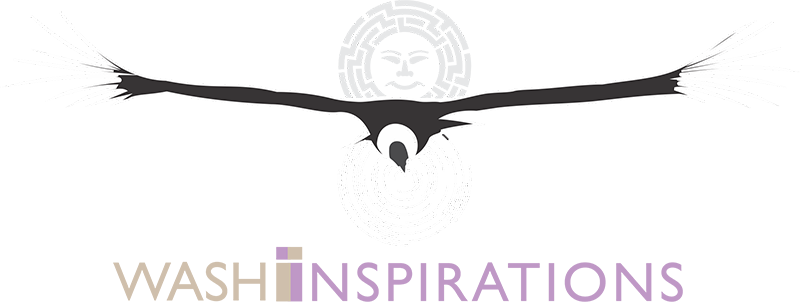Christmas- Hot Chocolatada for Children
Over the past 22 years, Path of the Heart www.pathoftheheart.org in aliance with www.washinspirations.com and its kind donnors, we have delivered approximately 124,000 cups of hot chocolate, holiday bread and gifts through the yearly Chocolatada Christmas Projects. We keep expanding our services to serve even more children and their families that have been suffering from the harsh reality of the COVID-19 pandemic. Sweet bread (Panettone), hot chocolate and a small gift to approximately 5,000 children in 45 communities every year and Of course, all of this will be delivered by a clown, Papa Noel, Washi and voluntaries with music, various shows, surprises and doing all the necessary safety procedures as we bring so much holiday cheer during our 4 days of mankind service.
We improve the delivery process every year and we are proud to be the great team work that serves these faraway, difficult to reach high altitude communities that are located in the Andes in the Region of Cusco - Peru. These communities range from 8,000 to 16,000 feet in altitude! In four days’ time, our perseverance and sacrifice with a work team from the world wide and Peru will pull it off.
Also, we are asking for your kind support to make every year Christmas Project happen. You have been so generous in the past and we know we can count on you again this holiday season. To make a donation please visit our website or send a tax-deductible check payable to:
Path of the Heart
65 Punch Brook Road
Burlington, CT 06013
Please enjoy this short video that we created which will bring you up close to the beautiful locals and their stunning surroundings, as well as see the hot chocolate and food distribution work we accomplished last year.
Our Team Work Family Wishes you and your loved ones a wonderful holiday season and the best for the new years to come, with incredible Love, Energy and Time.
Sincerely
Washington Gibaja Tapia.
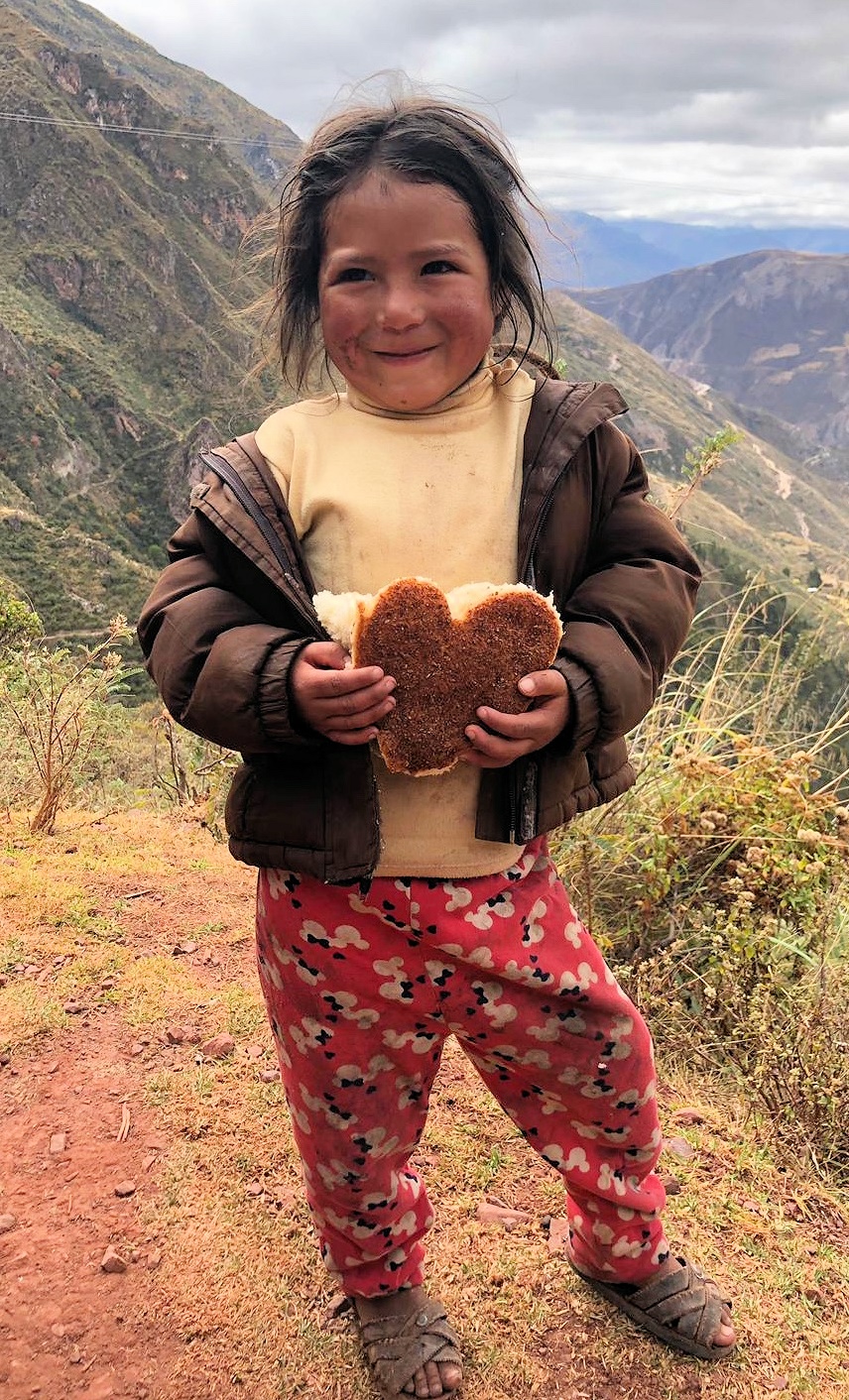
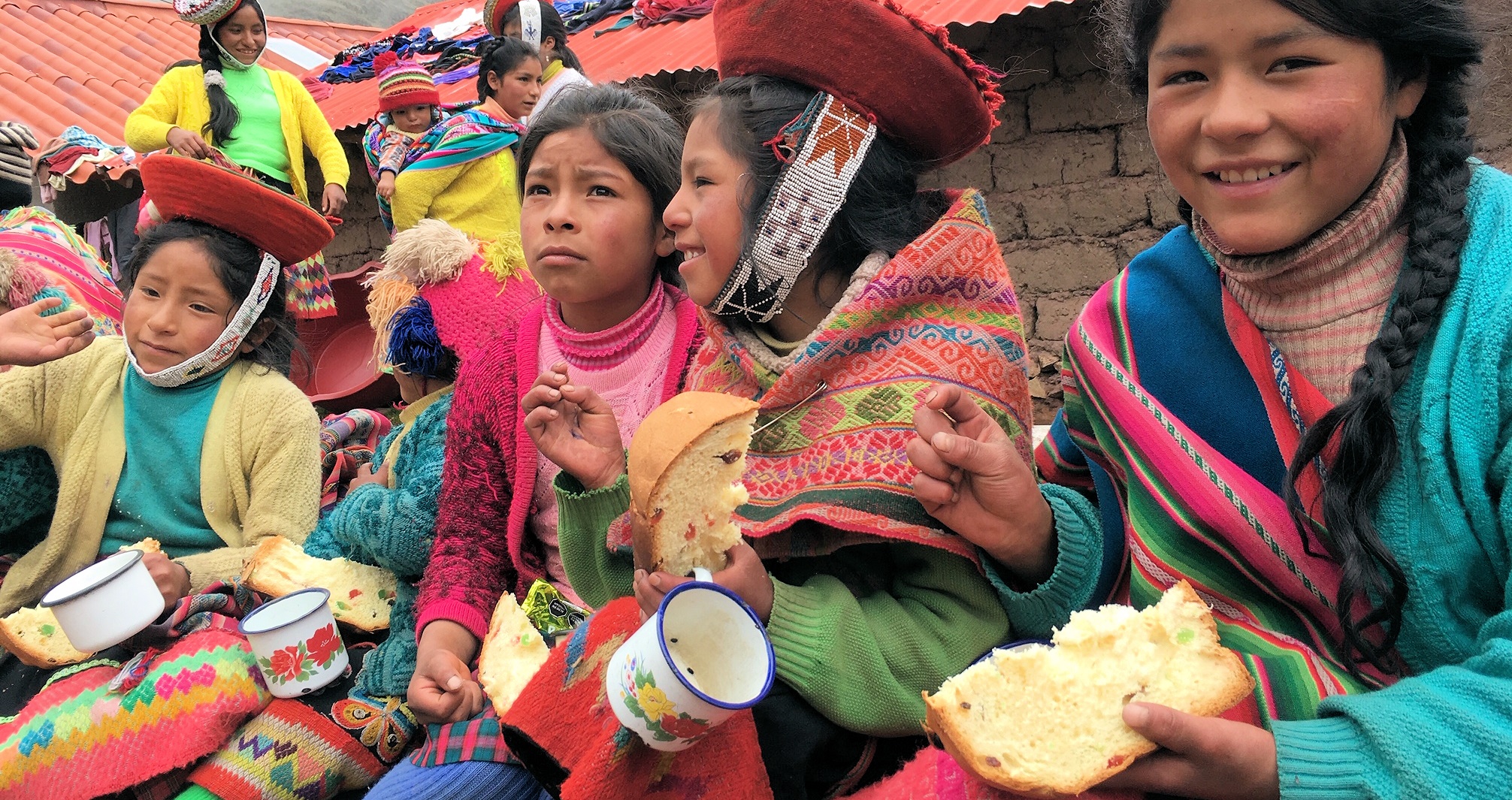
CLEAN WATER, GREENHOUSE AND SOLAR
In 2010, the UN General Assembly explicitly recognized the human right to water and sanitation. Our project "Clean Water in the Andes" aims to improve access to clean, potable water to the residents in the high mountain communities of The Sacred Valley and its environs by providing clean water systems to families in their remote stone homes. Water will be piped to the homes and filtered directly in the homes with bacteria capturing filter systems. An add-on feature of a communal greenhouse that is watered by this system will be offered. This greenhouse will allow residents to grow vegetables that do not normally thrive in this high elevation, e.g. cabbage, lettuce, tomatoes, etc., year-round.
Many communities lack road access. The water that the indigenous population in the Andes Mountains drink is not clean potable water, as there is no infrastructure to provide piped in, clean water. Individuals walk up to one hour each way daily to obtain water from local streams or standing pools. This water is usually contaminated with sewage runoff, including parasites such as giardia and bacteria (e.g. salmonella and e. coli.) Consumption of this contaminated water leads to major health problems, including chronic diarrhea. This project seeks to provide families with potable filtered water piped directly into their own homes.
With the installation of water systems, the residents of these communities will be able to have potable water right in their homes. These systems will not only help alleviate chronic diarrhea and illness due to water borne bacteria and parasites but will improve the quality of life with the reduction of time spent obtaining water daily. Unfiltered water that is supplied to homes will also be available for residents to use to water crops that they will grow in an optional greenhouse. In Peru, millions are navigating the COVID-19 pandemic with the added challenge of living without access to safe water. Now more than ever access to safe water is critical to the health of families in Peru.
LONG TERM IMPACT
This project will improve the health of thousands of indigenous people in the Andes mountains of Peru. First, the access to clean water will provide much needed safe, drinking water to a population that is plagued by illness, diarrhea and death from unsanitary drinking water. Water will be available directly in homes, which will save hours of retrieving water daily. In addition, this work is more important now than ever, since clean water is essential for handwashing and disinfection to prevent the spread of diseases like COVID-19. More children and adults can look forward to healthy lives.
Greenhouses and the water supplied to them will provide community members with a sustainable source of nutritional food that they can grow for themselves. This food source will add to the diversity of their nutrition, helping to create a healthier population. Food will be grown year-round, also adding much needed sustenance to the community.
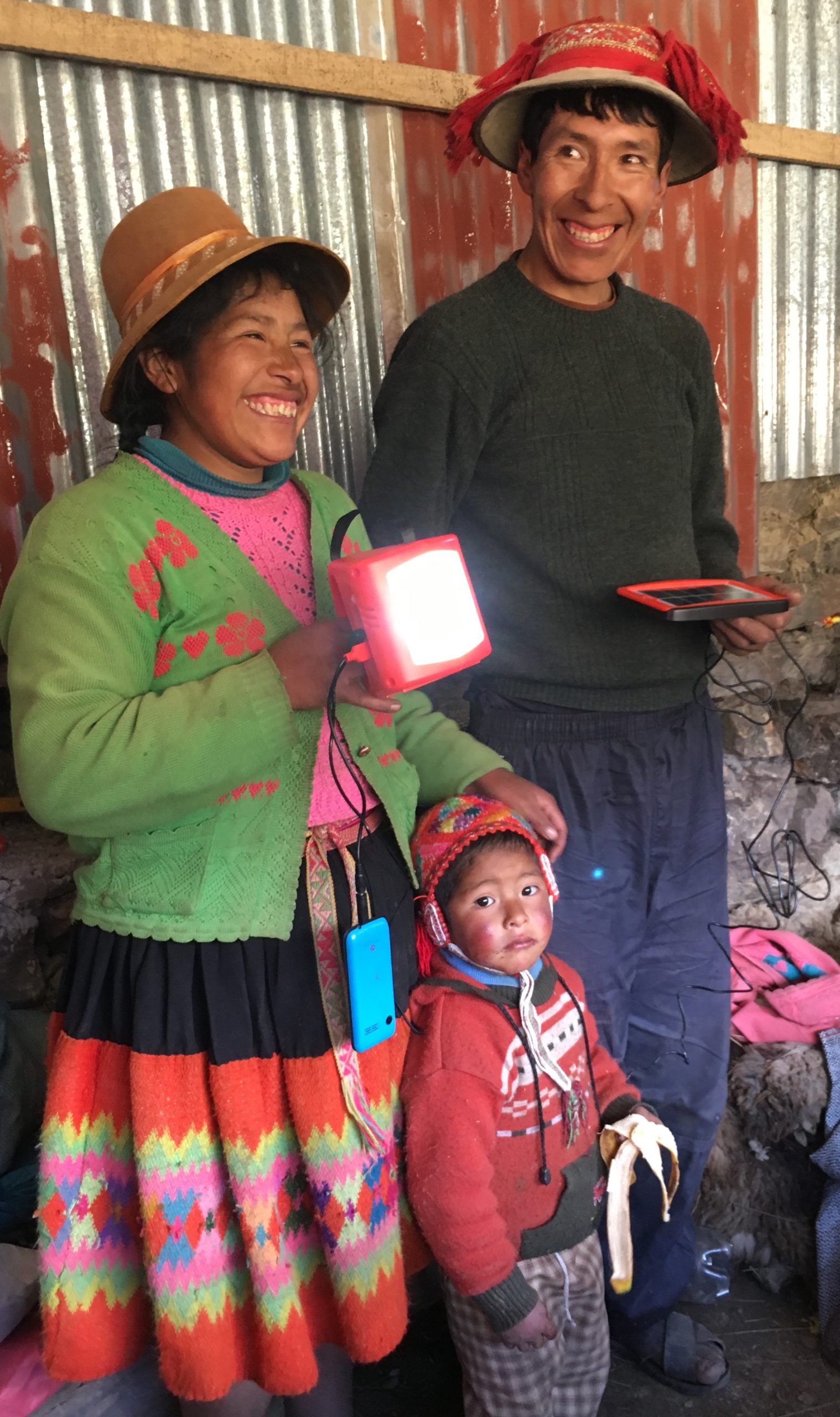
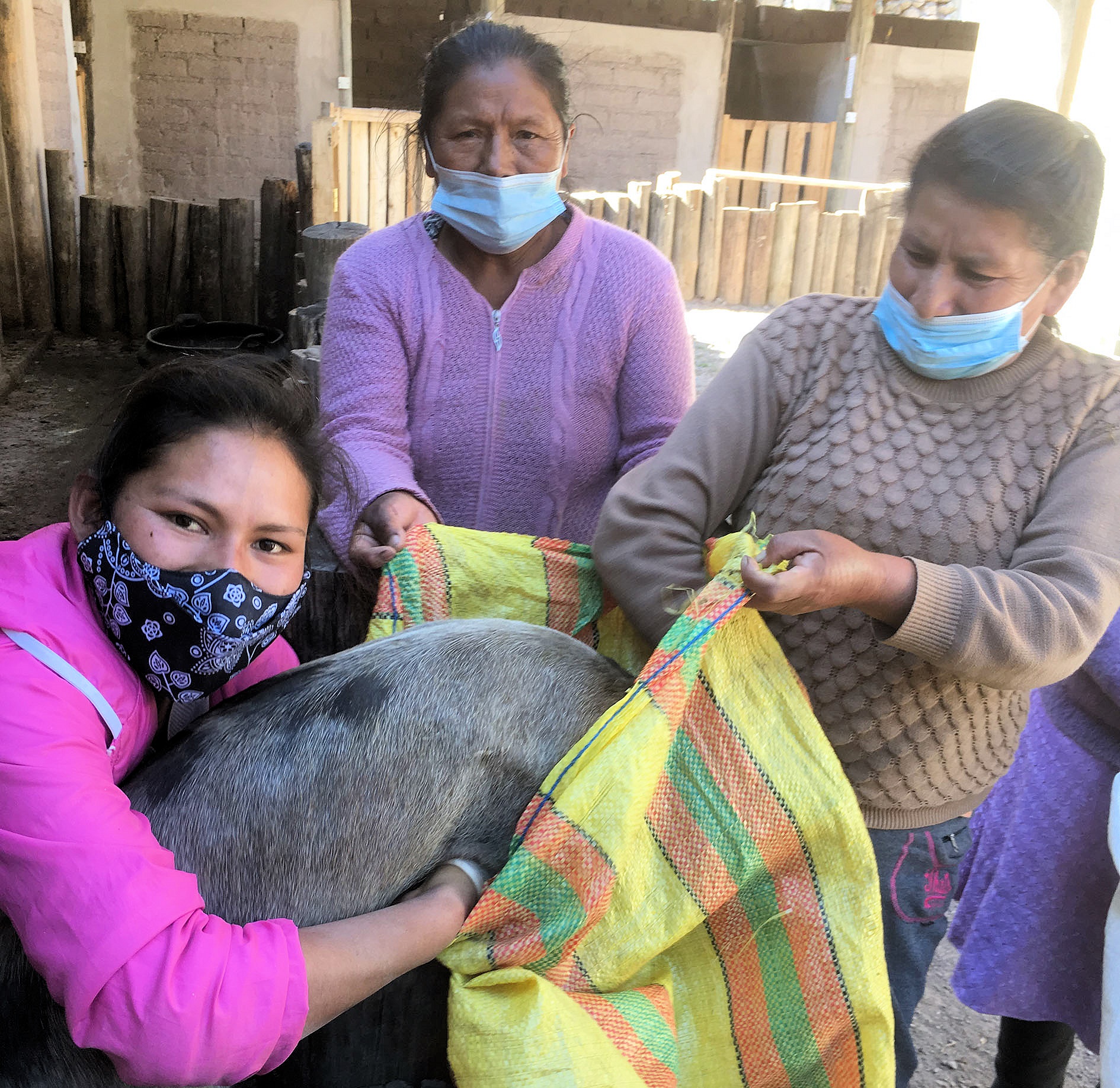
SOLAR LIGHT FOR COMMUNITIES.
This project proposes to distribute personal solar lights to indigenous Peruvians in remote areas. Recipients will be able to use these lights to light their homes, enhance their education by increasing their study time, increase their working and socialization hours, and replace carbon emitting kerosene lamps with clean energy. Targeted areas are remote locations that have no access to electricity.
Perú has one of the lowest rural electrification rates in Latin America. Over 20% of the people in Perú (6.5 million) have no access to electricity. Of these, 67% are from the rural population, including the native communities in the Andes Mountains. Some families may get light from kerosene, candles, and batteries. The use of kerosene lanterns brings substantial risks to families as fires are common, and resulting health risks such as respiratory problems are very common, especially in the children. Carbon emissions from kerosene use also contributes to climate change. Some families, especially in these rural communities, do without extended daylight. This shortens their day considerably as the sun sets by 6:00pm year-round in the Andes. Children fall behind in their education, as by the time they walk home from school, it is late afternoon and approaching dusk. They do not have the means in their dark homes to read, to study or do homework. Many women in the targeted communities work at home for a living. Their workday is cut short because of the lack of light. Men, who may be wranglers or farmers, are also affected because their day ends when it gets dark out. This project will enable the targeted population to lengthen their day and spend more time on studies, family time and revenue producing work.
THE SOLUTION
Solar Lighting Systems, Compact, complete solar lighting kits which are manufactured by a US manufacturer and come with a 2-year warranty are a proven solution in the Andes Mountains. d.light solar kits have been used in these rural communities since 2011 and have withstood the test of time. The modular d.light D30 system (Or Similar ) includes 2 LED bulbs with wall switches, an extra bright tube light with wall switch, and LED battery-level indicator. Lights run on two brightness settings which have a 24 hour run time on low setting and 6 hour run time on high setting. A USB output charges mobile devices from a long-lasting rechargeable battery. The powerful D330 battery pack comes with a USB port capable of charging mobile phones and other small, USB-powered devices. The units are maintenance-free with a rugged, high-efficiency solar panel. The lifetime on the units is 5+ years.
LONG TERM IMPACT
This project will improve the health of thousands of indigenous people in the Andes mountains of Peru. First, a clean, renewable source of light will improve the quality of life for families that do not have access to electricity. Health issues such as lung disease may be helped as household members will no longer be breathing in toxic fumes from the burning of kerosene. Cost savings will be realized by the families, as they will not have to spend the little hard currency they have on consumable lighting fuel sources such as kerosene or batteries. Household members may also see economic gain, as they will have a reliable source of bright light in their homes so that they can work, and school children will be able to read and study after the sun goes down.
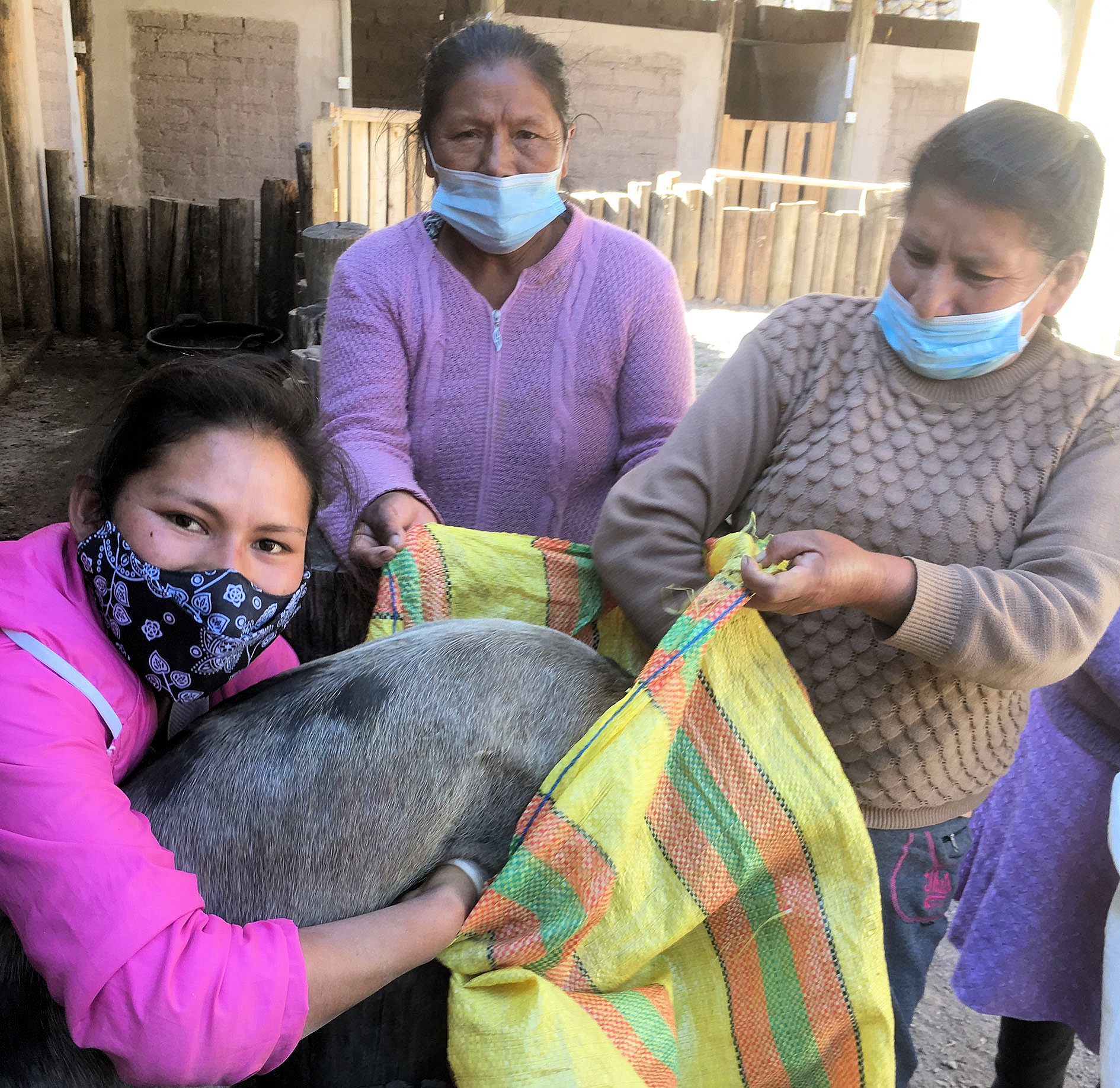

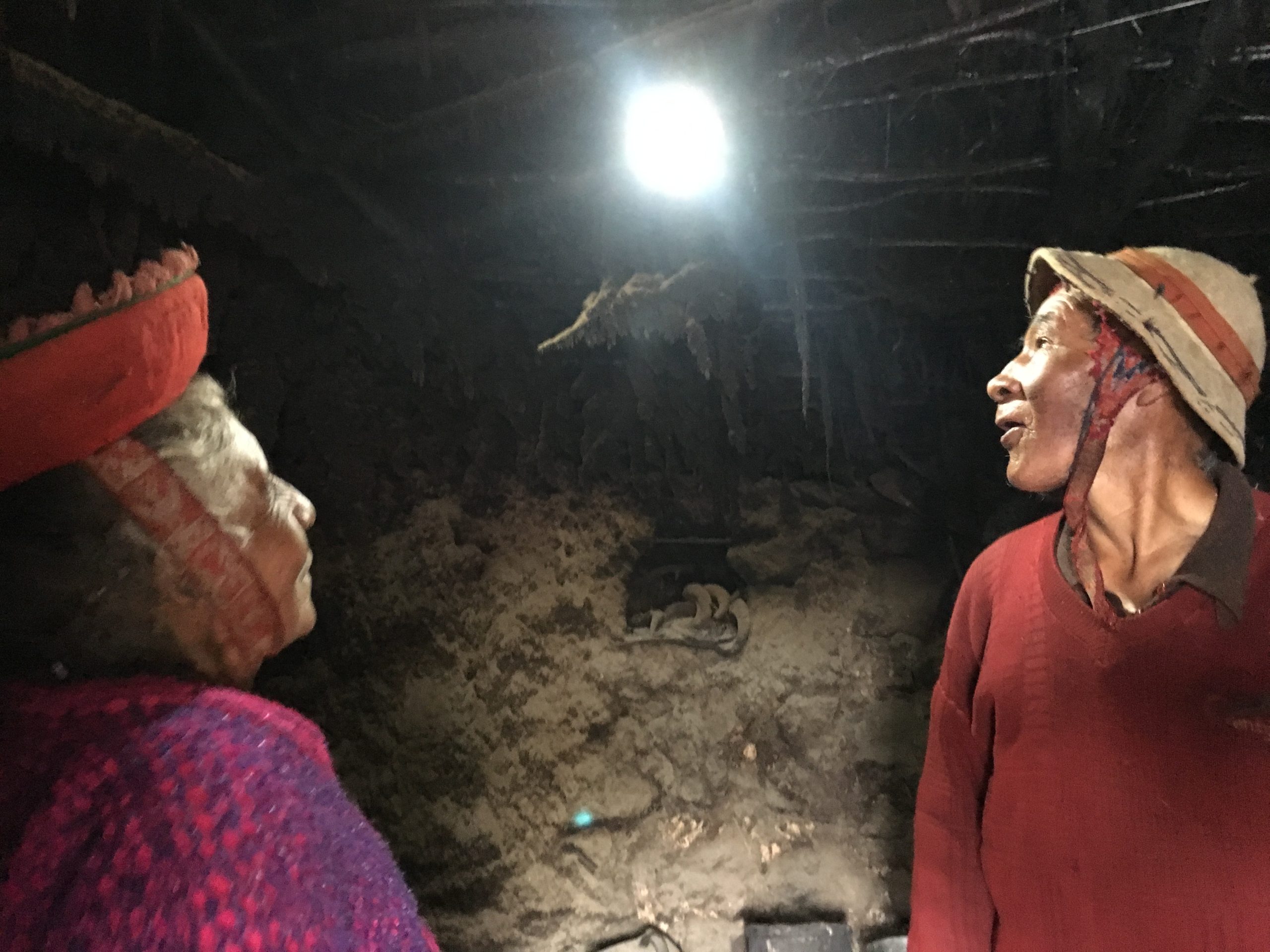
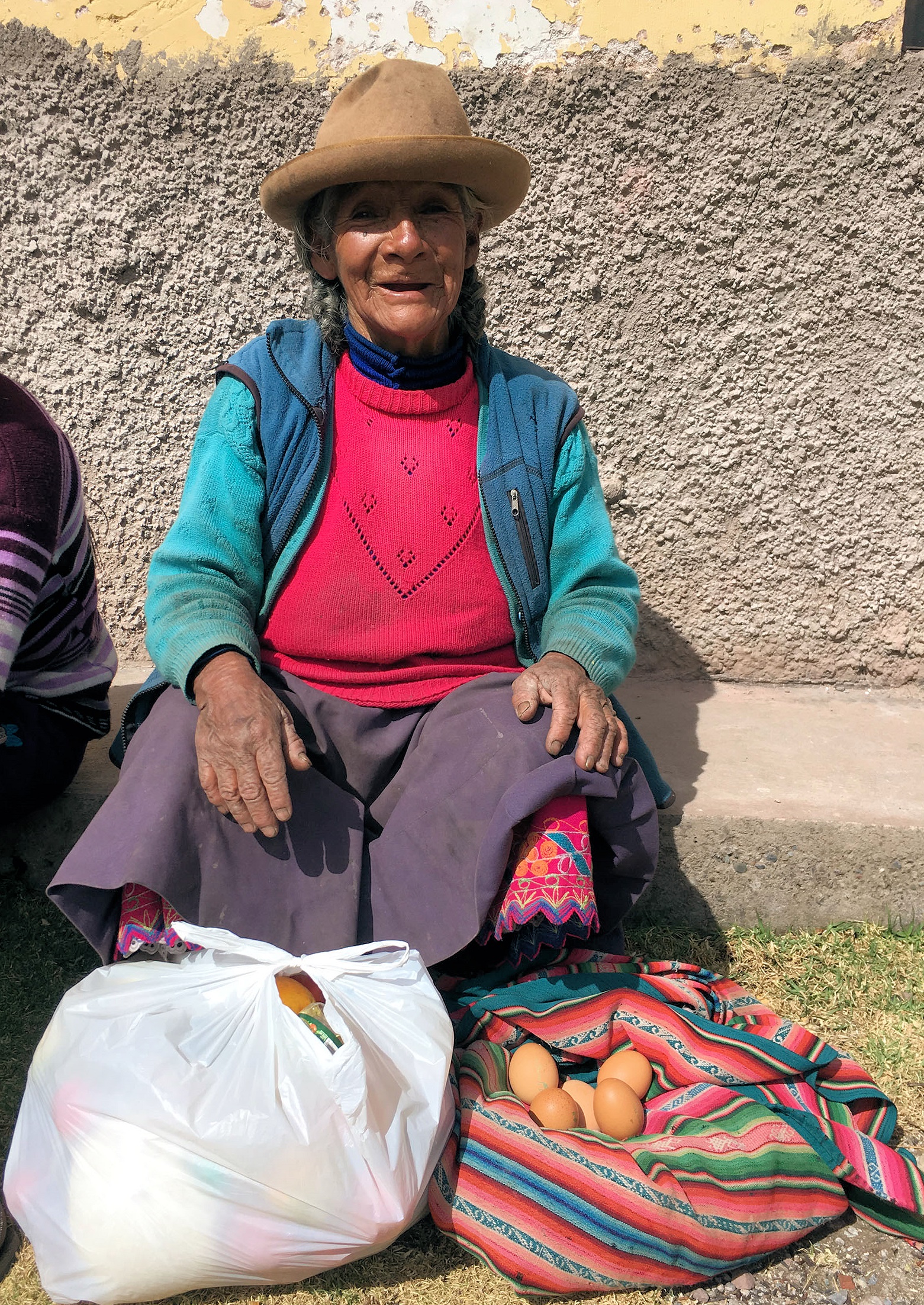
BACKGROUND AND NEED
Communities has been severely impacted by the recent COVID-19 pandemic. It is located about from 1 to 20 hour by walking from the main towns. Due to the COVID-19 pandemic, tourism, which supports most working families in this communities, has been completely shut down since March 2020, and will not return to this area for up to another 3 -4 year. The people in these communities have not been able to work to support their families. They have not received government or any other assistance. The situation is dire. We work with 30 families within those small communities.
THE PROPOSED PROJECT
Although work possibilities are non-existent, many families have taken to farming so that they can grow their own food. They live in a rural area that has access to land. This project will provide a young pig and basic pig feed to each family. The families, who live in a rural location and are familiar with raising animals, will raise the pig for approximately 4 to 5 months, until it reaches maturity. Additional food to feed the pigs will come from table scraps from the family. Once the pig reaches maturity, the family will sell the pig. The families will pay the project back for the original price of the pig and supplies and a small service fee, and will net a profit of approximately $185 - $200. This profit will allow the family to purchase one or two more pigs, as well as other food staples that they need for coming months. Thus, the project is sustainable – a one-time investment in a pig per family will enable them to produce income and food going forward.
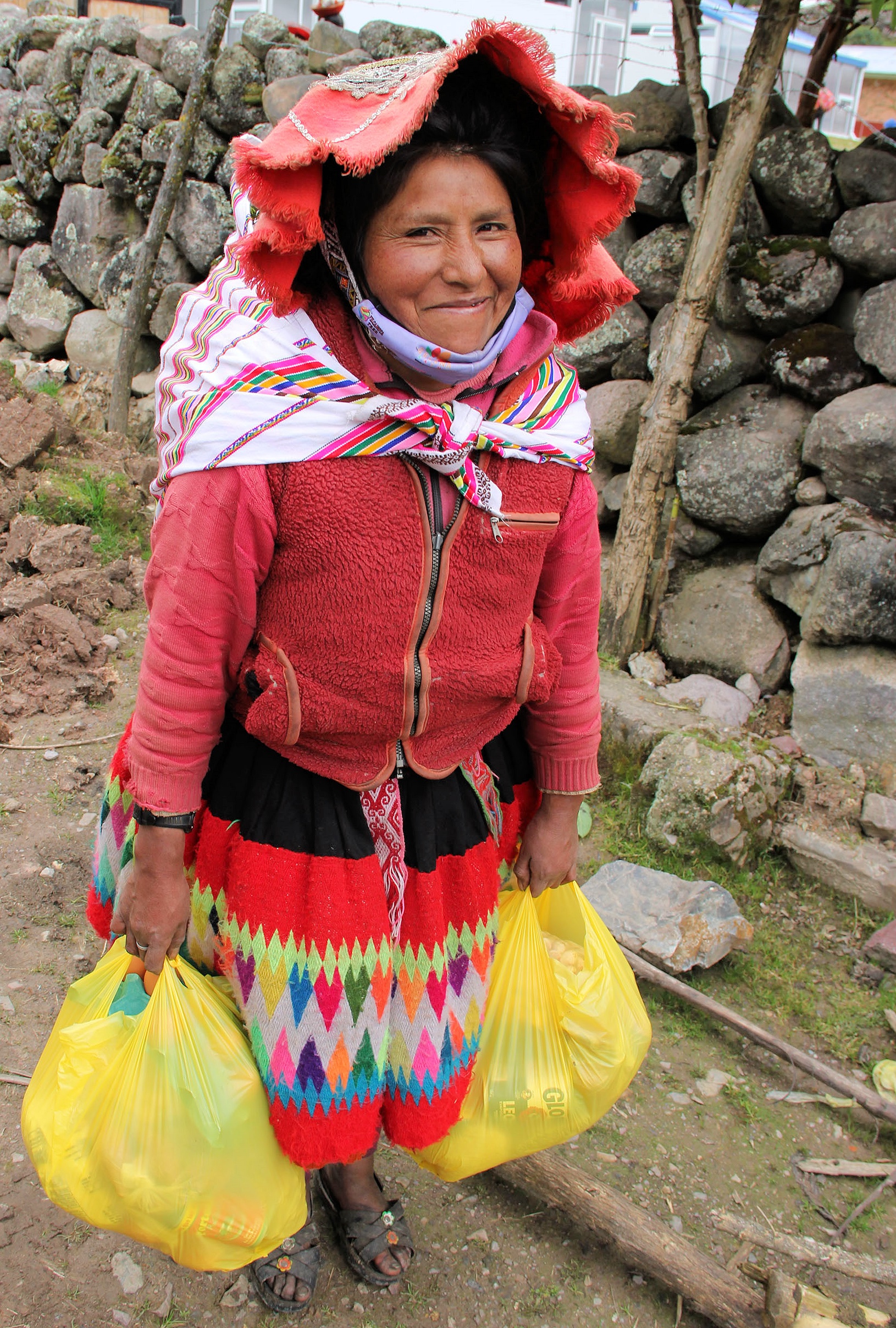
BACKGROUND AND NEED
Our communities have been severely impacted by the recent pandemic COVID-19. They are located between 1 to 20 hour by car and mules from our towns. The families in these communities have no access to cash to buy food. They have not received government or any other assistance. The extensions of the government-mandated quarantine mean that the people in these communities have not been able to work to support their families for over 7 months’ time. In addition, tourism, which supports most working families, will not return to this area for up to a year after that. The situation is dire. THE PROPOSED PROJECT This project will provide a package of food to each family in each of these small communities. Each package will contain potatoes, oatmeal, noodles, milk, rice, eggs, tuna container, portolan fish container, lentils, tomatoes, onions, oil, and fruit. We can leverage a small amount of money to support families and save lives, especially in these difficult times in the wake of the recent pandemic. This is especially true because one US dollar converts to over three Peruvian soles. The food packages will be sourced from the local markets and local farmers to help them a bit.
